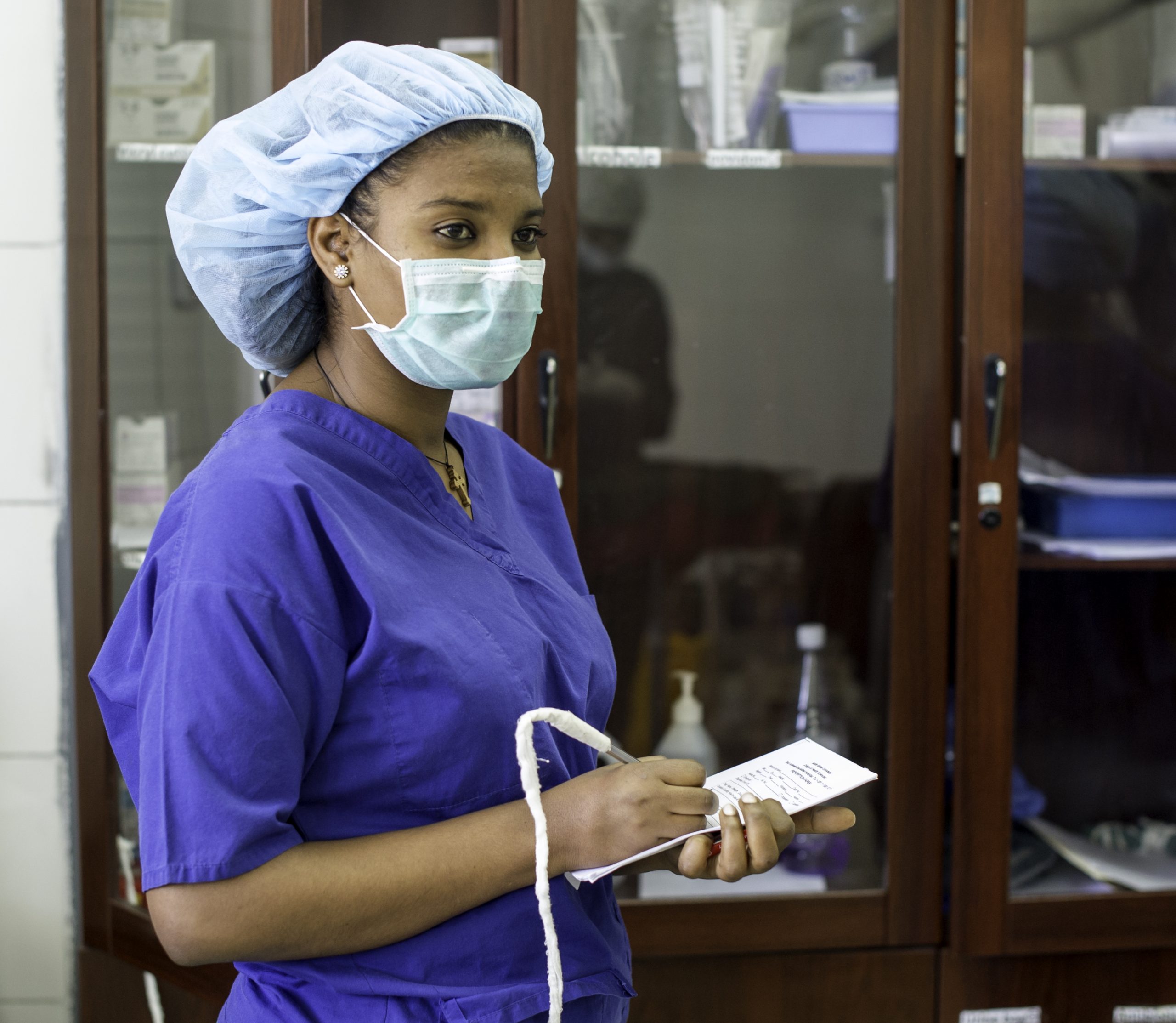
Reducing Surgical Infections in Ethiopia
Ethiopia has one of the lowest measured rates of surgery in the world. As a result, surgical teams face a number of challenges on a daily basis, which can put patients at risk.
In 2016, Lifebox launched our “Clean Cut” program in Ethiopia. Clean Cut is a quality improvement program that seeks to reduce surgical site infections by engaging all members of a surgical team and hospital management, mapping out a hospitals’ surgical safety processes, identifying where these processes can be strengthened, and ultimately highlighting the opportunities for improvement.
To date, Lifebox has implemented Clean Cut in 8 hospitals in Ethiopia, including our original pilot site, the Jimma University Specialized Hospital, as well as Black Lion Tertiary Hospital, Menelik II Referral Hospital, St Peter’s Specialized Hospital, and the Fitche General Hospitals. This year, three new sites are implementing the program: Zewditu Memorial Hospital, Gondar University Hospital, and Debark Primary Hospital.
The Clean Cut program has seen an increase in surgical teams working together, improved use of the WHO Surgical Safety Checklist, implementation of a standardized set of operating procedures, and use of collected data to make decisions on what protocols need to be changed. Results from Clean Cut sites in Ethiopia have been extremely encouraging. Hospitals have shown a 78% improvement in the confirmation of sterile instruments and a 35% improvement in the proper timing of prophylactic antibiotic administration — both known measures for reducing surgical site infections.
“While these results are encouraging, there are still many opportunities to improve care,” said Dr Tom Weiser, Lifebox Clinical Advisor. “With a good strategy, strong collaboration among skilled surgical teams and partners, and provider-led improvement work, we can go even further in securing safer surgery for patients in Ethiopia and beyond.”
Despite these improvements, surgical teams continue to face barriers in their operating rooms. You can help us to provide surgical teams in Ethiopia and around the world with the tools and training they need to carry out safe operations. Click here to find out how.

